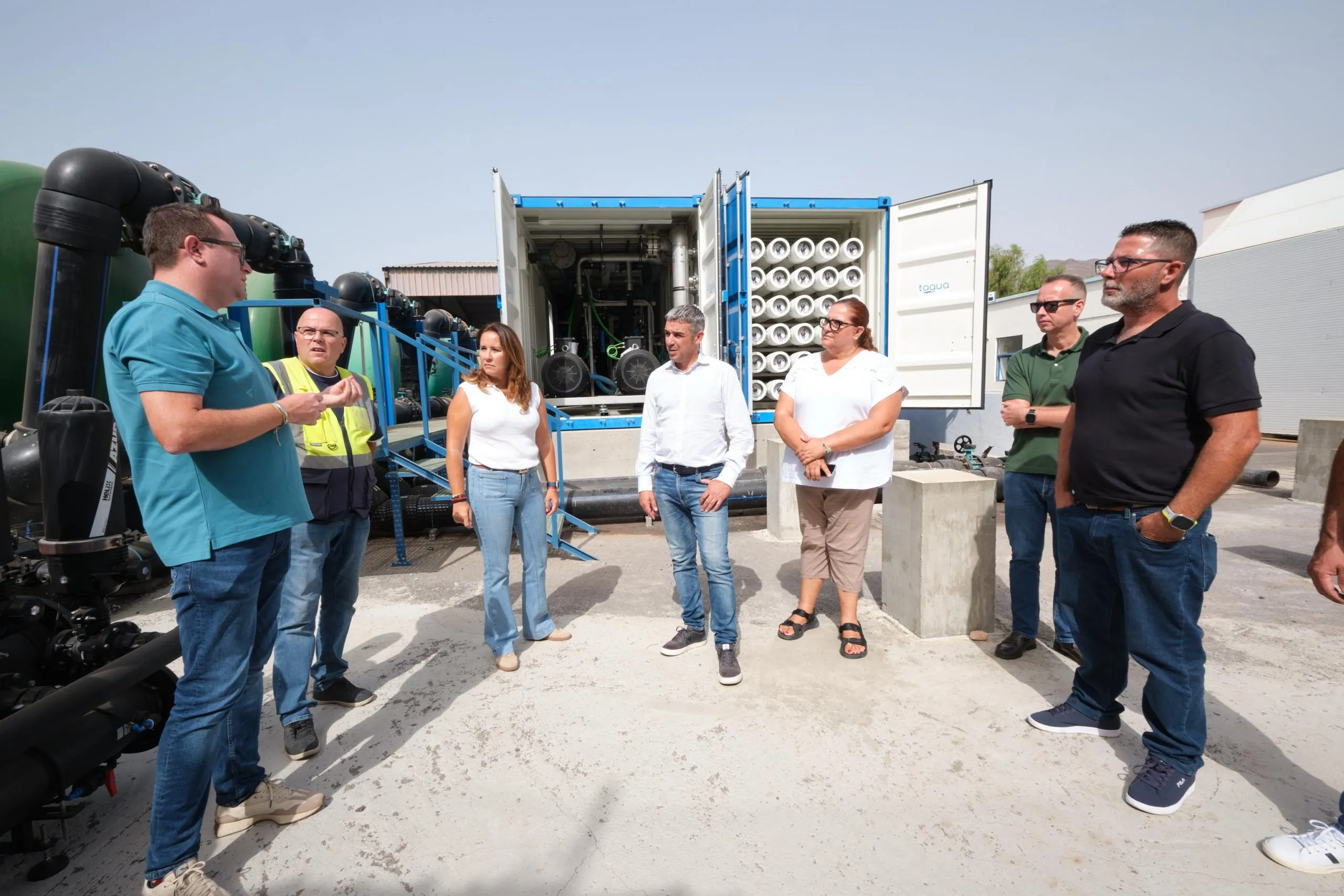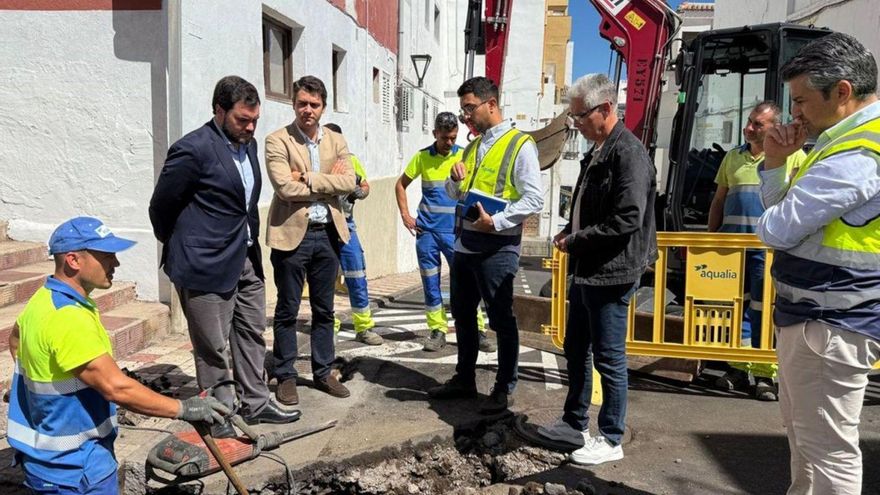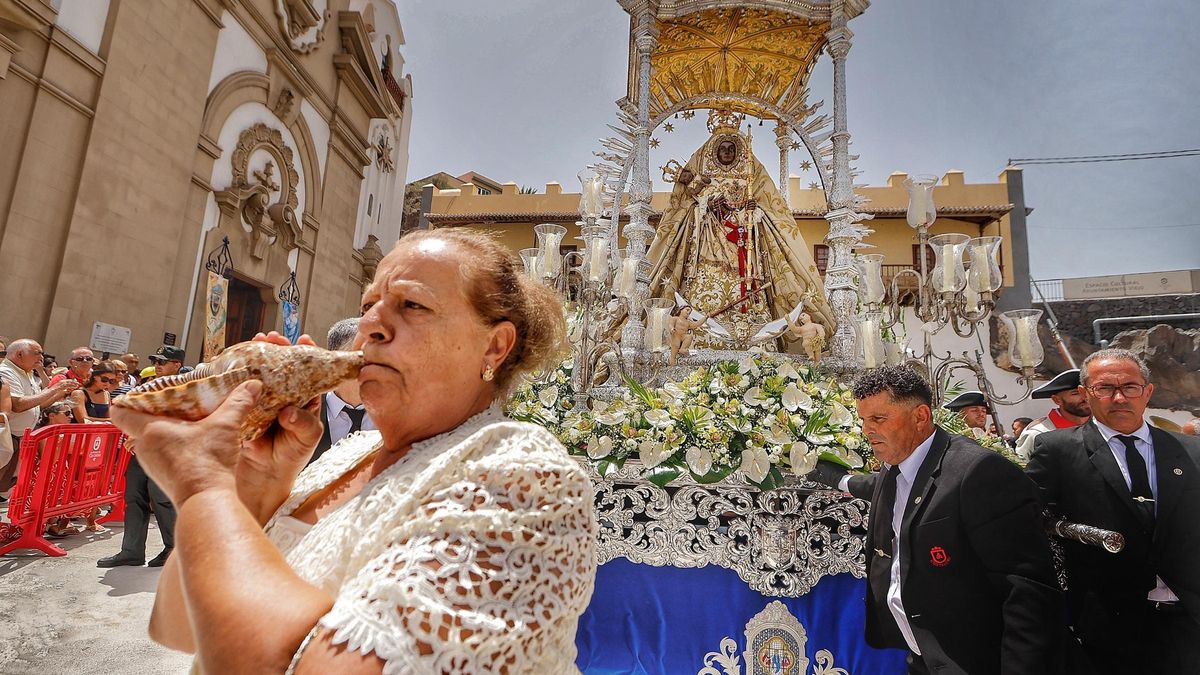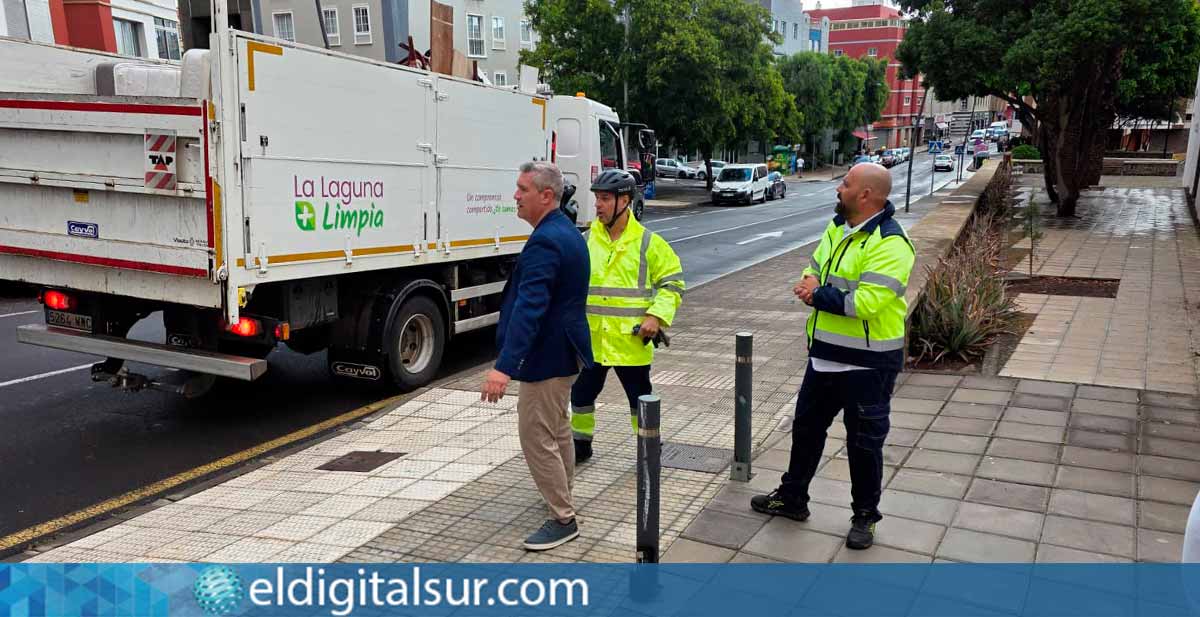The governing coalition (PP-ACP-CC) has successfully finalised what it deems the most important contract for Puerto de la Cruz: the integrated water cycle, owing to its positive impact on the city and an estimated investment of 420 million euros.
The concession will last for 40 years, requiring the future service operator to invest nearly 31 million euros, in addition to over six million euros contributed by the Government of the Canary Islands and the Cabildo of Tenerife.
After its publication in the Official Bulletin of the Province of Santa Cruz de Tenerife, it must be formalised at the electronic headquarters of the Town Hall and on the Public Sector Contracting Platform in anticipation of the forthcoming concession.
The document, comprising the master plan for supply and sanitation, the preliminary project for construction and operation, the economic-financial feasibility study, and the investment programme, received only one objection, which was dismissed.
Next Steps Towards Implementation
The next step involves the central government and Town Hall reviewing and approving the contracting file in the plenary session scheduled for 29 September. “From that moment, it will be open for bidding,” confirms the councillor for Administrative Concessions, Pedro Antonio Campos. If the government’s forecasts are met, the proposal will be ready by November.
Key Operations for the Future Service Operator
Among the tasks the future service operator must undertake is the legalisation of the pumping stations and wastewater facilities (EBAR), relocating them outside the maritime-terrestrial domain in accordance with current planning regulations. This will entail redeveloping the Punta Brava neighbourhood to enhance its sanitation system “to ensure episodes like that of Playa Jardín do not recur,” emphasises Campos.
The operator will also be required to construct the desalination plant planned for Punta Brava, capable of treating2,800 cubic metres of water daily. Additional improvements will include remote reading, service digitisation, and enhanced irrigation water efficiency.
All tasks must be completed within a timeframe of 20 months, as stipulated.
Aiming for Sustainable Water Management
“We aspire to regain blue flags, ensuring residents receive higher quality water in their homes and that the municipality becomes self-sufficient,” concludes Pedro Antonio Campos.














